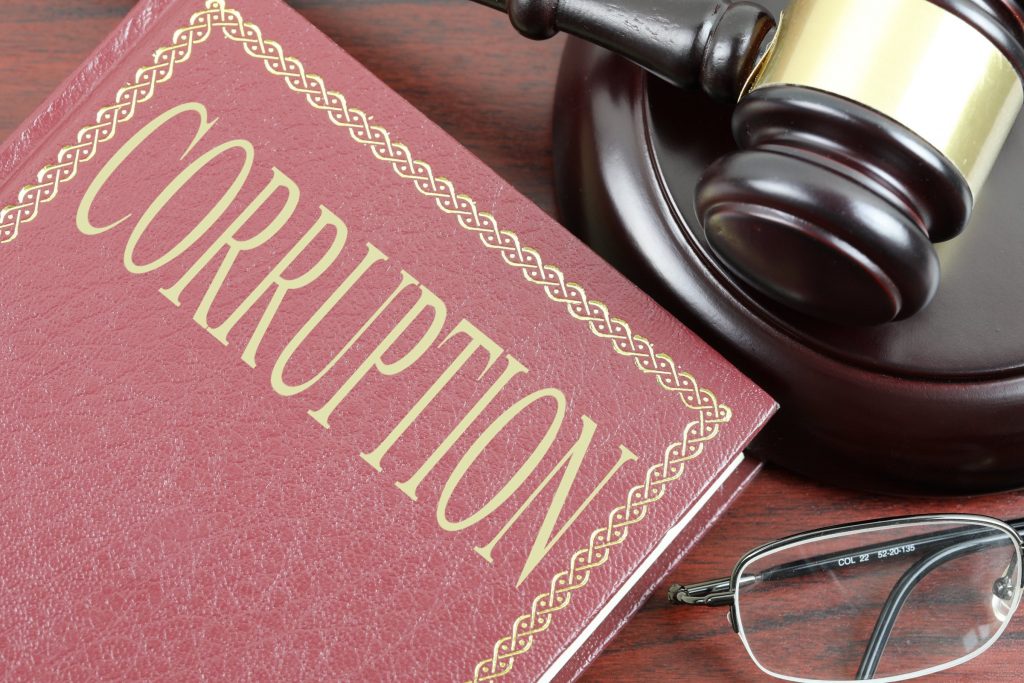An introduction to the world of anti-corruption investigations

This summer, I worked for the World Bank Group’s Integrity Vice Presidency (INT), a constituent, independent unit that investigates fraud and corruption in projects financed by the Group. INT is responsible for both external and internal investigations. While the former focuses on the conduct of parties financed by the Bank, the latter scrutinizes allegations of fraud and corruption in the World Bank (“the Bank”)’s own operations.
I was drawn to the Bank for three main reasons. Firstly, I was attracted to its reputation in international aid and development. As noted by the Supreme Court of Canada in World Bank Group v Wallace, 2016 SCC 15, “corruption is a significant obstacle to international development. It undermines confidence in public institutions, diverts funds from those who are in great need of financial support, and violates business integrity,” (para 1). Given that international development, human rights, and anti-corruption work are intimately related, INT’s close monitoring of Bank projects is needed to avoid the Bank’s implication in human rights abuses (that is where the INT comes in!). Secondly, having roots in a country that has been overwhelmed by governmental corruption, I was eager to help combat the misuse of financial aid in low- and middle-income countries.
Finally, I chose the Bank because of my enthusiasm for international relations. I was keen to see how an international organization like the Bank tackles cross-jurisdictional issues and induces compliance from corporations all over the world. Lastly, I wanted to broaden my horizons and explore potential avenues for my future legal career.
During my time at INT, I served as a legal intern and primarily worked with the South Asia Region’s investigative team (SAR). I was predominantly responsible for conducting document review for a high-profile case that INT has grappled with for years. The allegations spanned across the five sanctionable practices—fraud, corruption, collusion, coercion, and obstruction—and, interestingly, involved some Bank employees.
A few weeks after I began, the INT received a colossal data dump containing millions of documents to sift through. I worked with the digital forensics team to optimize this process and curated search terms that refined the documents for review. Ultimately, this strategy uncovered several emails that implied the target company’s involvement in sanctionable practices such as collusion and corruption. While the document review process was often repetitive and disheartening, the excitement of finding tangible evidence was tremendous. Shortly before the end of my internship, I was tasked with writing a memorandum that discussed the key findings that came out of the document review process. There, I also shared recommendations and investigative avenues that I believe INT should pursue. This memo will likely serve as a springboard for the rest of the investigation.
I also had the pleasure of attending several meetings between the Bank and external parties such as governmental bodies and international law firms. The highlight of these meetings was a reoccurring negotiation and settlement meeting between INT and a French law firm. I found it interesting to watch how each side maintained their decorum while still adhering to their respective positions. Another highlight of my time working with INT was the weekly Farsi class I attended. Given that many developing countries in South Asia speak Farsi, SAR took weekly lessons led by a fellow team member. Owing to the similarities between Arabic, which I speak, and Farsi, I was able to catch up despite starting lessons a year after the rest of the team. Though the pandemic robbed me of a trip to Washington DC, I was grateful for the chance to work with such a prominent international organization and for being introduced to the world of anti-corruption, sanctions, and investigations. I very much enjoyed being a part of a dynamic and cosmopolitan team and hope to one day return.





